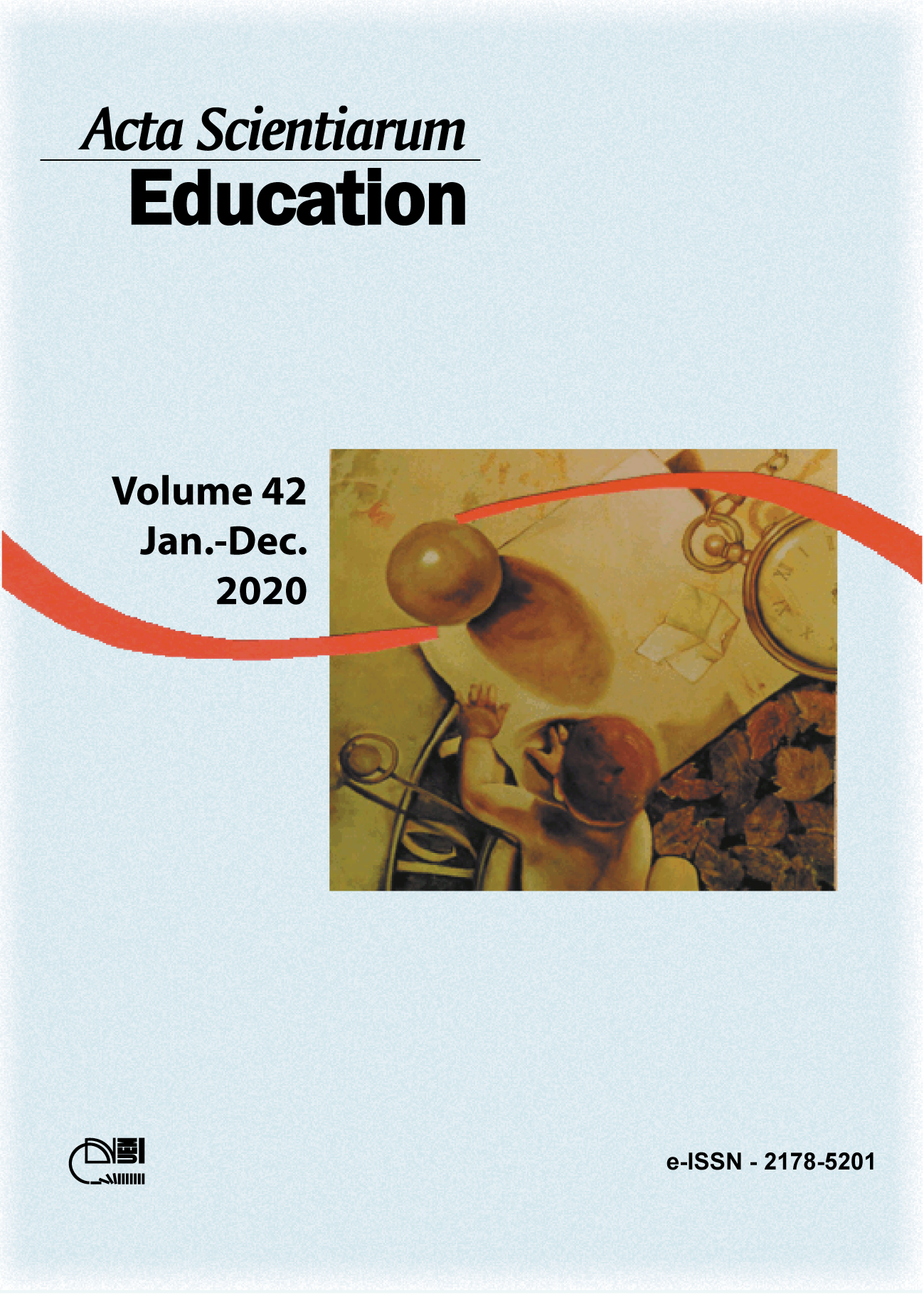School daily as a principale of research in education
Abstract
The history of knowledge in Education Administration in Brazil is based on two paradigms: business management and school specificity or democratic management, which is the overcoming of the previous one. After the 1990s, research in Education Policy and Management privileges the school as a research entity and analyzes it based on the theory of democratic management. In this article, the objective is to explore theoretical-methodological references used by researchers who have the school as a research institution, analyze their weaknesses and defend the position that everyday school life can be understood as a research principle. If so, it also proposes the discussion of three major challenges to researchers in the field: the directions of critical theory and criticism itself; the theory and practice relations; and the meanings of politics and management. The first challenge is to conceive of criticism as an attitude of virtue, of voluntary indulgence, and as a possibility of disassociating ourselves from the ways of producing truths in the relation between subject, power and truth. This attitude of virtue presupposes as a second challenge the attempt to conceive of new relations of theory and practice that escape normativism and the prescriptive model. As a third challenge, it is pointed out that previous reflections make it possible to question the practical meanings that circulate and legitimize a way of thinking in the area, specifically, politics and management.
Downloads

This work is licensed under a Creative Commons Attribution 4.0 International License.
DECLARATION OF ORIGINALITY AND COPYRIGHTS
I declare that this article is original and has not been submitted for publication in any other national or international journal, either in part or in its entirety.
The copyright belongs exclusively to the authors. The licensing rights used by the journal are the Creative Commons Attribution 4.0 (CC BY 4.0) license: sharing (copying and distributing the material in any medium or format) and adaptation (remixing, transforming, and building upon the material thus licensed for any purpose, including commercial purposes) are permitted.
It is recommended that you read this link for more information on the subject: providing credits and references correctly, among other crucial details for the proper use of the licensed material.














































